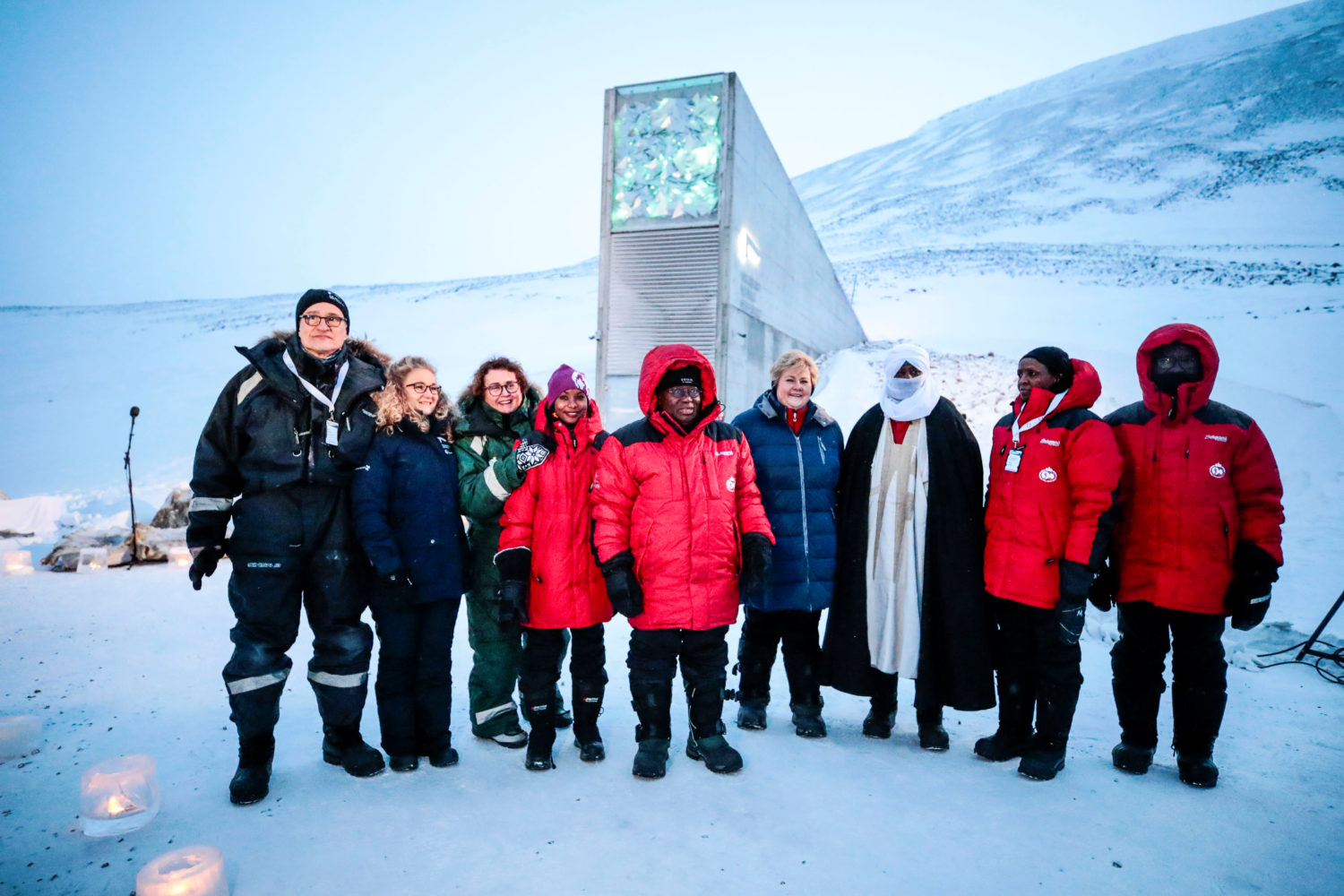
By Andrew Osborn
MOSCOW (Reuters) – Russian state television has listed U.S. military facilities that Moscow would target in the event of a nuclear strike, and said that a hypersonic missile Russia is developing would be able to hit them in less than five minutes.
The targets included the Pentagon and the presidential retreat in Camp David, Maryland.
The report, unusual even by the sometimes bellicose standards of Russian state TV, was broadcast on Sunday evening, days after President Vladimir Putin said Moscow was militarily ready for a “Cuban Missile”-style crisis if the United States wanted one.
With tensions rising over Russian fears that the United States might deploy intermediate-range nuclear missiles in Europe as a Cold War-era arms-control treaty unravels, Putin has said Russia would be forced to respond by placing hypersonic nuclear missiles on submarines near U.S. waters.
The United States says it has no immediate plans to deploy such missiles in Europe and has dismissed Putin’s warnings as disingenuous propaganda. It does not currently have ground-based intermediate-range nuclear missiles that it could place in Europe.
However, its decision to quit the 1987 Intermediate-range Nuclear Forces (INF) Treaty over an alleged Russian violation, something Moscow denies, has freed it to start developing and deploying such missiles.
Putin has said Russia does not want a new arms race but has also dialed up his military rhetoric.
Some analysts have seen his approach as a tactic to try to re-engage the United States in talks about the strategic balance between the two powers, something Moscow has long pushed for, with mixed results.
In the Sunday evening broadcast, Dmitry Kiselyov, presenter of Russia’s main weekly TV news show ‘Vesti Nedeli’, showed a map of the United States and identified several targets he said Moscow would want to hit in the event of a nuclear war.
The targets, which Kiselyov described as U.S. presidential or military command centers, also included Fort Ritchie, a military training center in Maryland closed in 1998, McClellan, a U.S. Air Force base in California closed in 2001, and Jim Creek, a naval communications base in Washington state.
Kiselyov, who is close to the Kremlin, said the “Tsirkon” (‘Zircon’) hypersonic missile that Russia is developing could hit the targets in less than five minutes if launched from Russian submarines.
Hypersonic flight is generally taken to mean traveling through the atmosphere at more than five times the speed of sound.
“For now, we’re not threatening anyone, but if such a deployment takes place, our response will be instant,” he said.
Kiselyov is one of the main conduits of state television’s strongly anti-American tone, once saying Moscow could turn the United States into radioactive ash.
Asked to comment on Kiselyov’s report, the Kremlin said on Monday it did not interfere in state TV’s editorial policy.
(Additional reporting by Tom Balmforth; Editing by Kevin Liffey)













